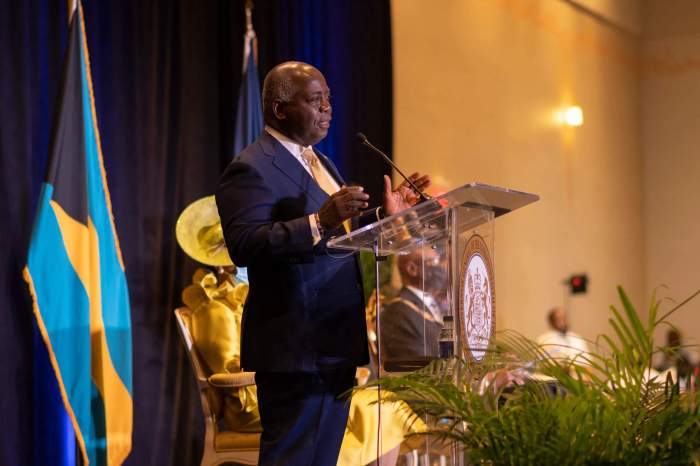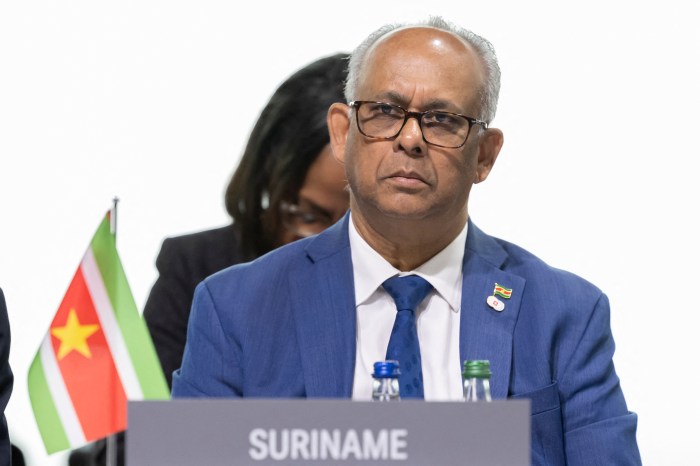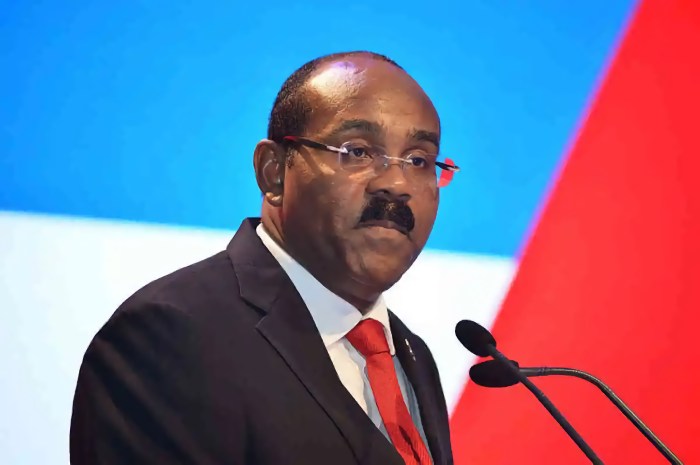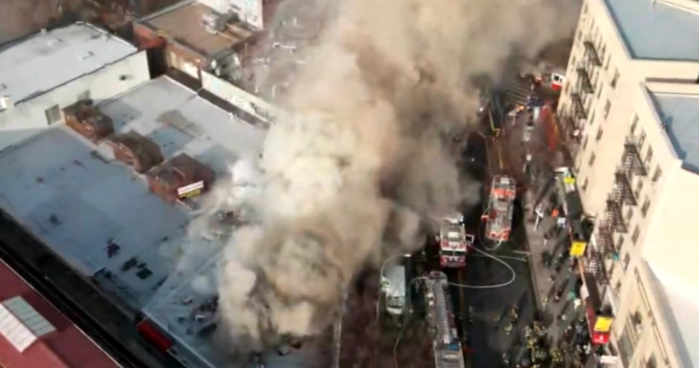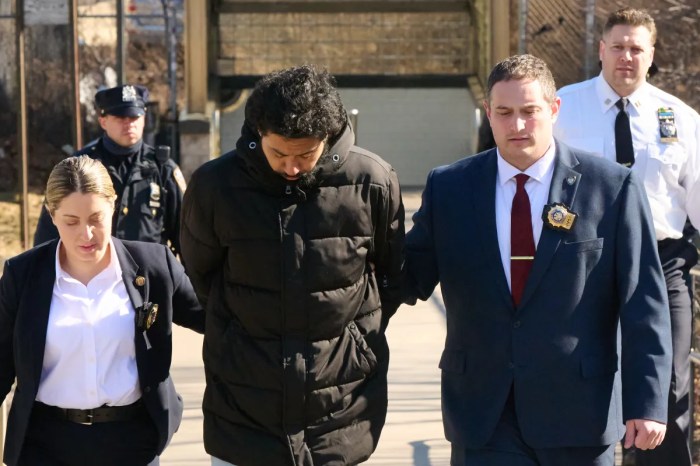Two years from now, Americans will have a difficult time deciding whether to jet to London for the summer Olympics, hop down to the Caribbean to celebrate Jamaica and Trinidad & Tobago’s 50th anniversary of independence, heed Hollywood’s warning of an apocalypse or join the revelry Belize is planning to celebrate the Mayan calendar year of 2012.
Mayan Belizeans claim: “The entire country is gearing up for a year of reflection, renewal and celebration.”
“Imagine a New Year’s party that comes only once every 52,000 years, and you’ll get an idea of what this means to those of us living in the Maya heartland,” Dr. Jaime Awe, director of Belize’s Institute of Archaeology said recently.
Dr. Awe is one of Belize’s foremost archaeologists.
Speaking at a launch of a new Belizean website dedicated to the 2012 celebrations planned for the tiny Central American nation, Dr. Awe laughed off suggestions that the Maya feared 2012 would herald the kind of disaster suggested by the popular film “2012” and numerous internet sites.
“Hollywood drama has very little to do with the reality of what the Maya Calendar and Long Count calculations are all about. This represents the ending of one cosmological cycle, and the beginning of another. It’s very much the way most people would look at the end of a millennia and the beginning of another, but over a very, very long period of time. It is an event that will mark the completion of a great cycle and a time for reflection, and for considering future direction,” he said.
Selani Matus, Director of the Belize Tourism Board concurred: “This region is where the Maya Calendar began and continues to be read. You won’t find too many people worried about 2012 here. In fact, we’re looking forward to a year of celebrating and highlighting Belize’s vibrant Maya culture and history.”
Belize, on Central America’s Caribbean coast, has a large per capita Maya population and a huge number of Maya archaeological sites for a nation only some 70 miles by 180 miles long. Three Mayan dialects are spoken in Belize, and traditions such as farming methods and cooking have continued largely unchanged for centuries in Mayan villages.
Matus said that rather than a doom and gloom scenario, 2012 presents an opportunity to highlight the achievements and rich cultural history of the Mayans of Belize.
“It’s always been said that you can barely dig a posthole or clear land in Belize without uncovering Mayan artifact. Belize was a huge population and administrative centre during the peak of Mayan civilization.
They left behind a rich legacy that we are proud of, and wish to share with the rest of the world,” she said.
Belize will be hosting scientists, academics and an expected influx of visitors throughout 2012.
Special tours, cultural activities and Mayan-themed sporting events are planned. One initiative involves visitors being issued with commemorative Mayan “passports” and collectors’ cards which give entry and are stamped at each of Belize’s Mayan temples and archaeology sites. Along with information kits and knowledgeable guides they ensure visitors a well rounded and memorable Mayan experience during 2012.
There will be special tour packages available, with most resorts enthusiastically participating in the national celebrations. Events such as the annual La Ruta Maya canoe race, one of the longest in the world, will emphasize Mayan culture as it passes through the country.
“Everybody in Belize is getting behind our Maya celebrations and we’re really looking forward to a very special year. With so much to see and do, we’re confident that our visitors will go away with a better understanding of Mayan culture while having a great time learning about and experiencing life in the heartland of the Maya,” Mattus said.
Dr. Awe agreed, “It’s been a long time coming, but 2012 is certainly going to be something very special in Belize. We’re all looking forward to an incredible year.”


